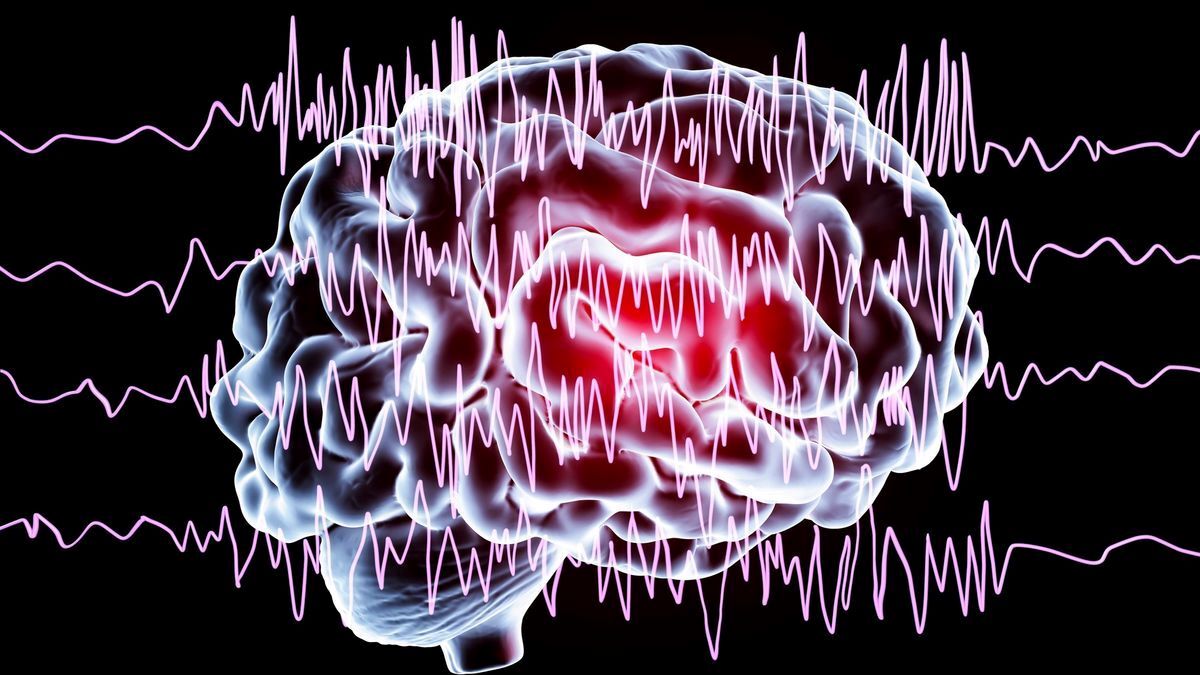
Epilepsy syndromes are a group of disorders characterized by recurrent seizures. But what exactly sets them apart from general epilepsy? Epilepsy syndromes are unique because they have specific causes, symptoms, and treatments. They can affect anyone, from infants to adults, and each syndrome has its own set of challenges. Understanding these syndromes can help in managing the condition better. This blog post will delve into 20 intriguing facts about epilepsy syndromes that will shed light on their complexities. Whether you're a patient, caregiver, or just curious, these facts will provide valuable insights into this often misunderstood condition.
What Are Epilepsy Syndromes?
Epilepsy syndromes are a group of disorders characterized by recurrent seizures. These syndromes vary widely in terms of symptoms, causes, and treatments. Understanding them can help manage the condition better.
- Epilepsy syndromes are not a single disorder but a collection of different conditions with seizures as a common symptom.
- Seizures can be triggered by abnormal electrical activity in the brain.
- Genetics play a significant role in many epilepsy syndromes.
- Brain injuries can also lead to the development of epilepsy syndromes.
- Infections like meningitis can sometimes cause epilepsy.
Types of Epilepsy Syndromes
There are numerous types of epilepsy syndromes, each with unique characteristics. Knowing the type can guide treatment and management.
- Absence epilepsy often starts in childhood and involves brief, sudden lapses in attention.
- Lennox-Gastaut syndrome is a severe form that usually begins in early childhood.
- Dravet syndrome is a rare genetic condition that starts in infancy.
- Juvenile myoclonic epilepsy typically begins in adolescence and involves muscle jerks.
- Temporal lobe epilepsy is the most common type in adults and affects the brain's temporal lobe.
Symptoms of Epilepsy Syndromes
Symptoms can vary widely depending on the type of epilepsy syndrome. Recognizing these symptoms can aid in early diagnosis and treatment.
- Seizures are the most common symptom, but their type and frequency can differ.
- Aura is a sensation some people experience before a seizure, like a strange smell or feeling.
- Loss of consciousness can occur during certain types of seizures.
- Muscle stiffness or jerking is common in many epilepsy syndromes.
- Behavioral changes can also be a symptom, especially in children.
Diagnosing Epilepsy Syndromes
Accurate diagnosis is crucial for effective treatment. Various tests and evaluations help in diagnosing epilepsy syndromes.
- Electroencephalogram (EEG) measures electrical activity in the brain and helps identify abnormal patterns.
- Magnetic Resonance Imaging (MRI) can detect structural abnormalities in the brain.
- Genetic testing can identify mutations linked to specific epilepsy syndromes.
- Blood tests can rule out other conditions that might cause seizures.
- Neurological exams assess motor skills, sensory function, and mental status to help diagnose epilepsy syndromes.
Understanding Epilepsy Syndromes
Epilepsy syndromes are complex, affecting millions worldwide. Knowing the different types and their symptoms can help in managing the condition better. Early diagnosis and personalized treatment plans are crucial for improving quality of life. Medications, dietary changes, and even surgery can be effective treatments.
Support from family, friends, and support groups plays a significant role in coping with epilepsy. Raising awareness and educating others about the condition can reduce stigma and promote understanding.
Remember, each person's experience with epilepsy is unique. Staying informed and working closely with healthcare professionals can make a big difference. If you or someone you know is affected, don't hesitate to seek help and explore all available options.
Epilepsy doesn't define you; with the right support and treatment, you can lead a fulfilling life.
Was this page helpful?
Our commitment to delivering trustworthy and engaging content is at the heart of what we do. Each fact on our site is contributed by real users like you, bringing a wealth of diverse insights and information. To ensure the highest standards of accuracy and reliability, our dedicated editors meticulously review each submission. This process guarantees that the facts we share are not only fascinating but also credible. Trust in our commitment to quality and authenticity as you explore and learn with us.


